<Unlocking Google Bard: New Email Features and Beyond>
Written on
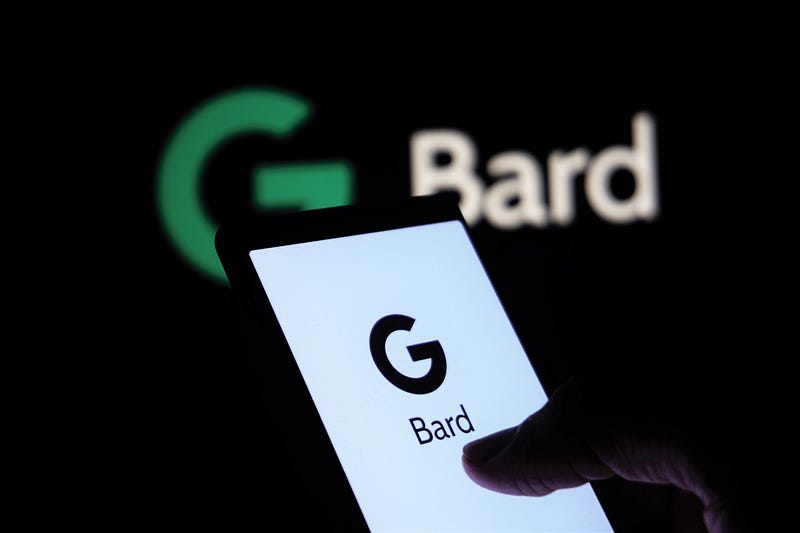
Google's Bard continues to evolve in the dynamic landscape of generative AI. Amid speculation surrounding GPT-5 and the emergence of new competitors, Google has rolled out a significant upgrade that enhances Bard's functionality.
With the introduction of Extensions, Bard now has the ability to interact with various products in the Google ecosystem. Previously limited to web searches, Bard can now seamlessly access YouTube, Google Maps, and Google Flights. This expanded capability is particularly beneficial.
Users can request the top three YouTube videos on any subject, complete with summaries detailing their advantages and disadvantages. Additionally, you can ask Bard to create a travel itinerary using Google Maps or find the best flight options for your upcoming trip, including accommodation details through Google Flights, which also provides hotel information.
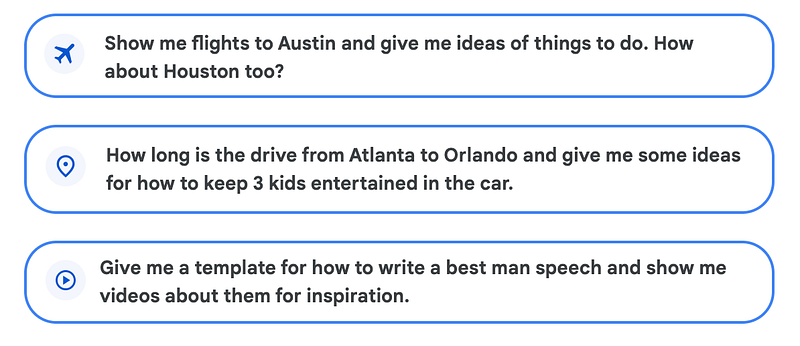
But there's even more. Users can grant Bard access to their Gmail and Google Drive accounts, allowing it to retrieve and summarize information directly from these sources. This feature eliminates the need to sift through countless emails to locate event invitations or search through Drive folders for important documents like budget spreadsheets.
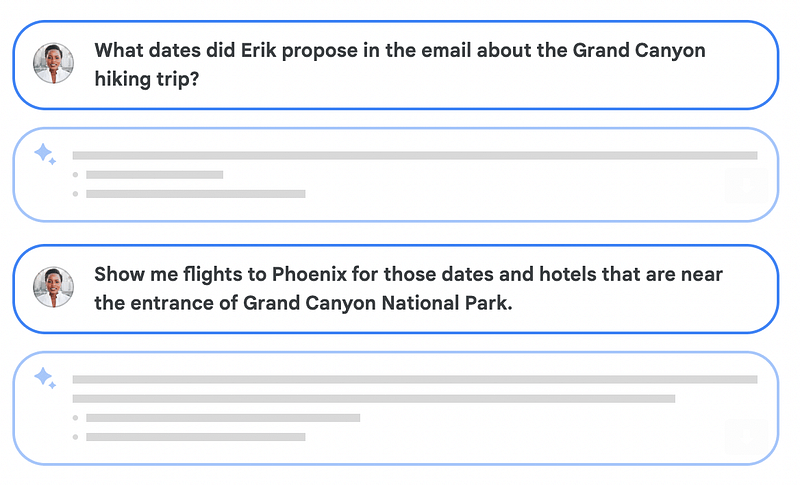
As noted by Jack Krawczyk, the product lead for Bard, this marks the first instance of a language model engaging with personal data. However, concerns about privacy are valid. Nonetheless, it is likely that many users are not fully aware of the privacy implications associated with their Gmail and other Google data. This integration represents a significant advancement in utility that competitors like OpenAI's ChatGPT may find challenging to replicate due to the need for collaboration with Google.
This development is just the beginning. Currently, Bard can only read information but does not have the capability to compose emails or documents. However, it is anticipated that such features may be introduced in the future, fundamentally altering the concept of virtual assistants like Siri.
Interestingly, Google assures users that personal data accessed through Extensions will not be utilized for training or evaluation purposes.
To illustrate the Bard update, I tested its capabilities by asking for flight and hotel options for a weekend getaway in Vienna:
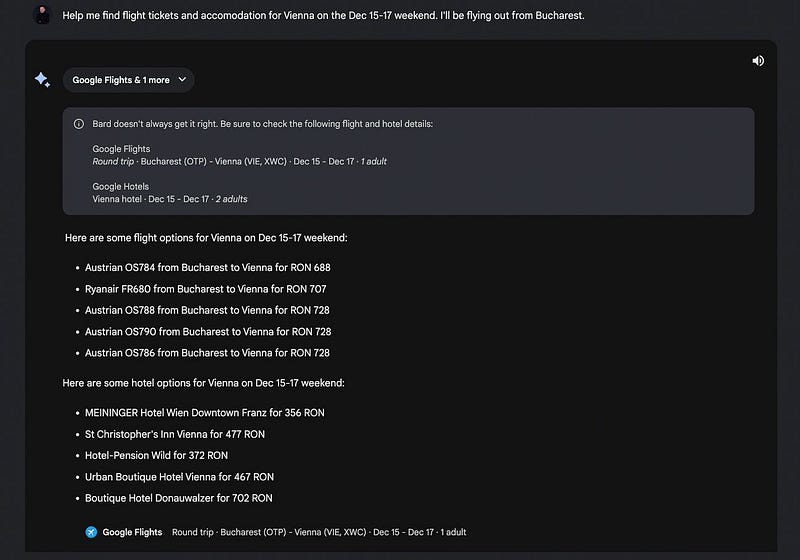
Bard presents the information in a well-structured table, complete with links:
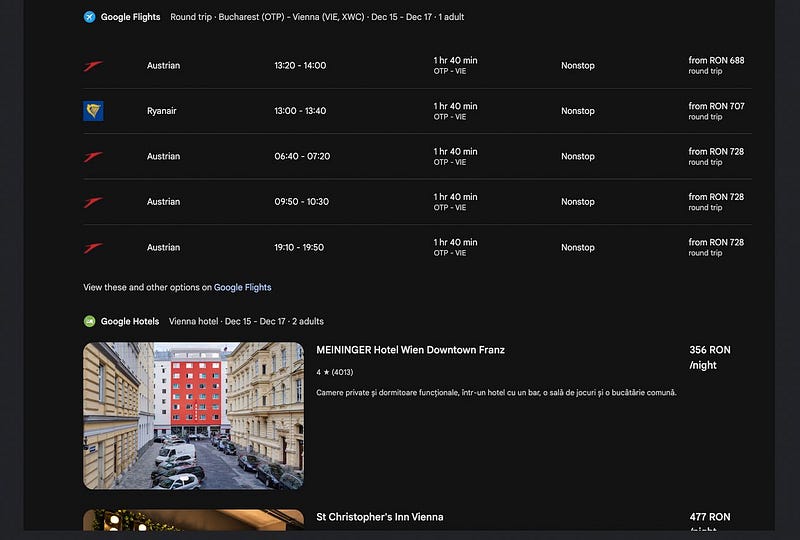
Next, I requested a detailed itinerary, including a map:
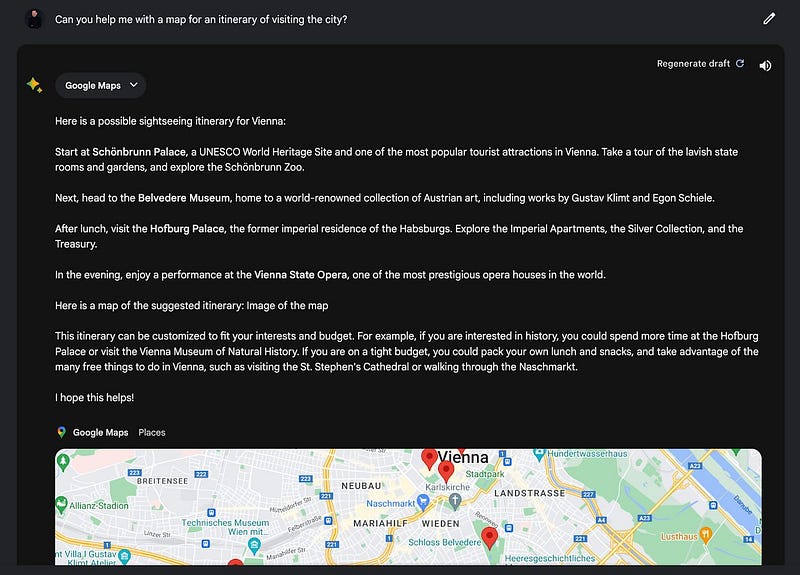
Feel free to explore this feature yourself at https://bard.google.com/.
In other news, Databricks, a company that began by offering data storage and processing solutions, has raised $500 million in a funding round, reaching a valuation of $43 billion. Notably, Nvidia is among its investors.
This move into AI seems natural given Databricks' extensive data operations. While many companies face declining valuations, Databricks has experienced growth, having been valued at $38 billion in 2021.
Integration with Extensions is just one of the many updates for Bard. Google has also introduced a feature that allows users to verify the information provided by the chatbot. After receiving a response, users can perform a Google search to confirm the accuracy of Bard's answers, adding an extra layer of reliability.
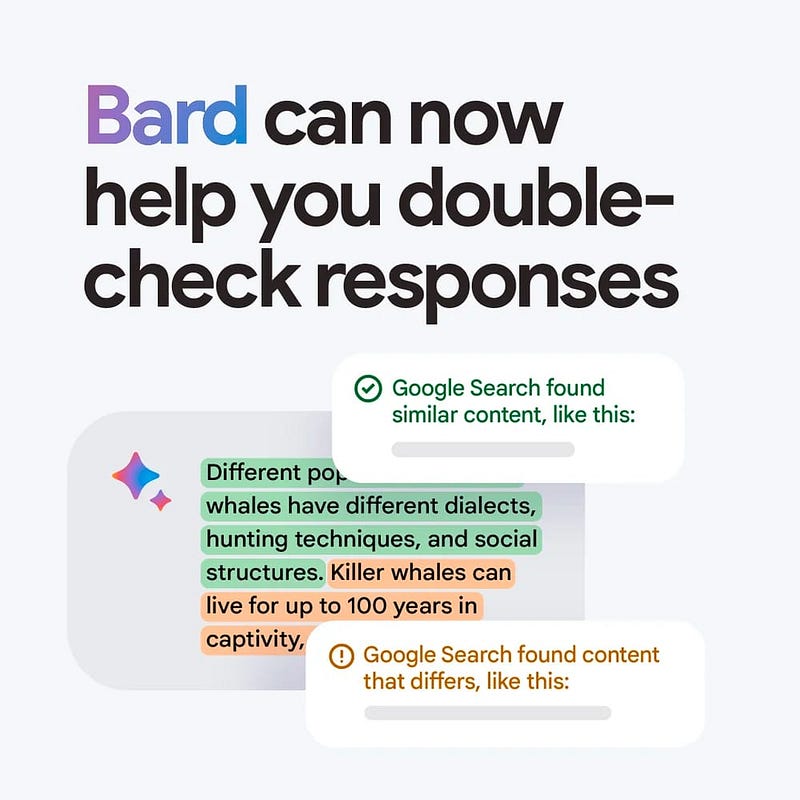
In recent discussions, we noted that ARM has gone public and generated significant interest, with shares rising 25% on the first day.
Coca-Cola has also ventured into AI by creating a new assortment, proving that AI does not compromise taste.
Adobe Firefly, previously discussed, has moved out of Beta, and the company has implemented a credit-based pricing model depending on the Lightroom/Photoshop subscription.
Lastly, Microsoft has announced that it will support its Copilot suite users in court if they face copyright infringement accusations, a commitment echoed by Adobe.